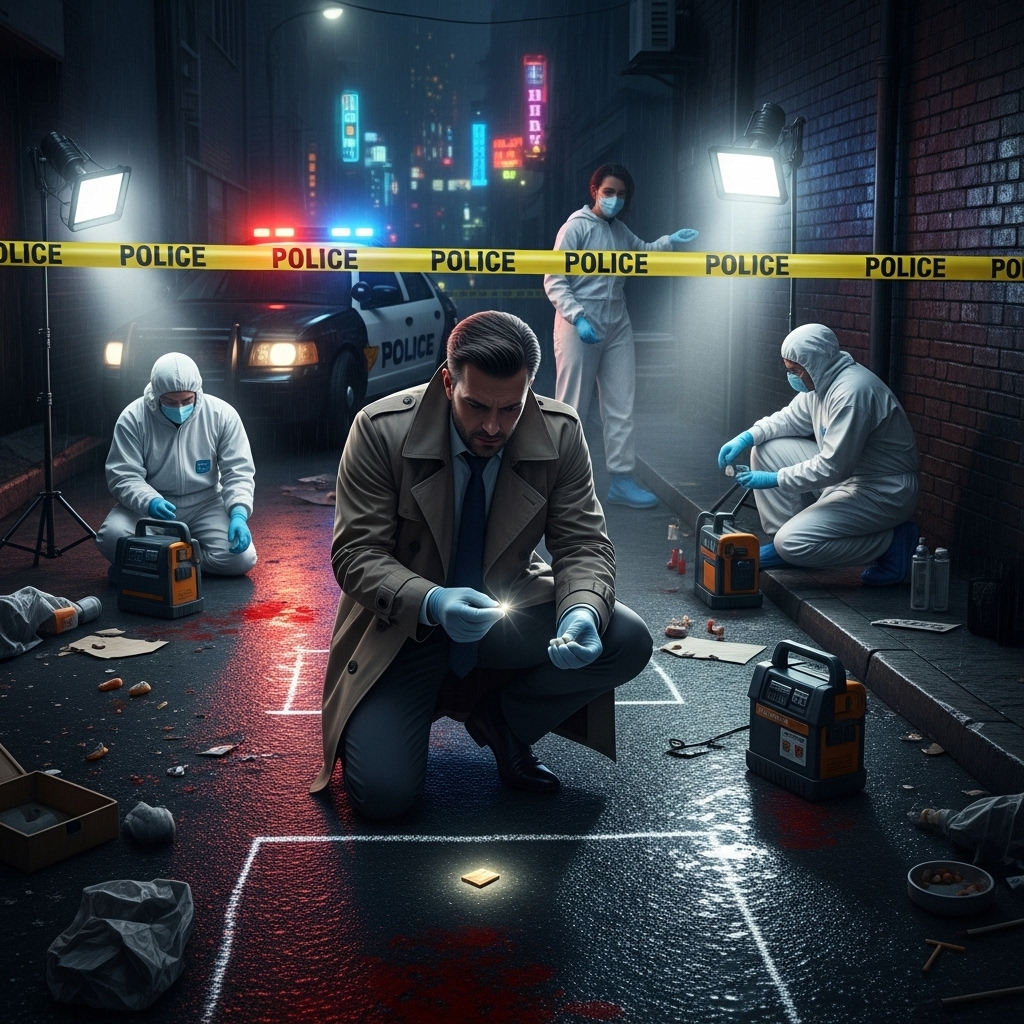Criminal Investigations Florida
Understanding Criminal Investigations in Florida
When facing a criminal investigation in Florida — or aiming to understand how they work — it’s important to know the legal landscape, who’s doing the investigating, what rights are involved, and how a case may proceed. In this article we’ll discuss key aspects of criminal investigations in Florida, common types, the laws and agencies involved, your rights during an investigation, and what to consider if you find yourself under investigation.

What is a Criminal Investigation in Florida?
A criminal investigation in Florida occurs when law-enforcement agencies seek to determine whether a crime has been committed, identify the responsible party, collect evidence, and build a case for possible prosecution. Under Florida law:
Florida Department of Law Enforcement (FDLE) has a program created under F.S. 943.04 that allows investigation of violations of the state’s criminal laws. The Florida Senate+1
Under F.S. 943.045, “criminal investigative information” is defined as information compiled in the course of a criminal investigation of a specific act or omission. leg.state.fl.us+1
Thus, in Florida, investigations may involve detection, arrest, prosecution, forensic science and analysis — administered by state and local agencies. Florida Department of Law Enforcement+1
Who Conducts Criminal Investigations in Florida?
In Florida, a number of agencies may play a role:
The FDLE: The “Criminal Investigations and Forensic Science Program” under FDLE may investigate violations of criminal laws statewide. The Florida Senate
Local law-enforcement agencies (sheriffs’ offices, police departments) often conduct investigations of crimes within their jurisdictions.
Specialized investigative divisions: For example, the Florida Department of Financial Services’ Criminal Investigations Division handles fraud, insurance fraud, arson, misuse of state funds. FLDFS+1
Other regulatory or enforcement bureaus, for example the Office of Financial Regulation’s Bureau of Financial Investigations investigates financial and securities-fraud matters. Flofr
Types of Criminal Investigations in Florida
Here are some of the major categories:
Violent crime investigations: homicide, assault, sexual offenses, organized crime.
White-collar and financial investigations: fraud, embezzlement, money-laundering, misuse of funds. As noted, the Department of Financial Services CID handles insurance fraud, workers’ compensation fraud, arson/explosives. FLDFS
Regulatory/criminal enforcement: Crimes against public assistance/funds, securities violations.
Forensic and special investigations: Use of forensic science, crime labs, complex evidence gathering.
Local crimes: Burglary, theft, traffic fatalities, etc., handled by local agencies, often with state support.
Key Legal Framework and Rights
Legal Framework
Under Florida Statutes Chapter 943 (Criminal Procedure & Corrections), definitions and powers are set out for criminal-justice information, investigative programs, etc. leg.state.fl.us+1
Florida’s public-records law (Chapter 119) makes much information available, but “active criminal investigative information” is exempt from mandatory disclosure while the investigation is ongoing. My Florida Legal
Your Rights During a Criminal Investigation
When under investigation in Florida, you have constitutional and state-law protections:
The Fifth Amendment protects against self-incrimination: you have the right to remain silent. Musca Law
The Fourth Amendment protects against unreasonable searches and seizures: warrants, probable cause requirements apply. Musca Law
The Sixth Amendment guarantees the right to an attorney if charged; while investigations may precede formal charges, having counsel early is often wise. Musca Law
Under Florida law, active investigative information remains exempt from public records until the investigation is no longer “active”. The Florida Senate
What to Expect During an Investigation
Initial inquiry/detection: A crime is reported or suspected; investigators begin gathering leads, surveillance, forensics, witness interviews.
Evidence collection and analysis: Forensic labs, interviews, search warrants may be executed. For example, FDLE’s Forensic Science program supports local agencies. Florida Department of Law Enforcement+1
Formal investigation: The agency compiles “criminal investigative information”. Under F.S. 943.045 this includes lab tests, informants, surveillance. leg.state.fl.us
Arrest or charges: If probable cause is found, arrest warrants or indictments may be sought.
Prosecution or resolution: The case is referred to a prosecutor; plea negotiations or trial may follow.
Records and disclosure: Throughout, certain information may remain confidential until the investigation ends. My Florida Legal
Why Having Expert Representation Matters
If you are the target of an investigation (or your business is under investigation), sophisticated legal counsel matters. Some reasons:
Complex legal issues: search warrants, privilege issues (e.g., attorney-client), self-incrimination, corporate liability. Jimerson Birr
Protection of rights: With an attorney, you’re better positioned to challenge unlawful searches or evidence.
Managing risk: Especially in business or fraud investigations, the consequences can be serious (fines, imprisonment, reputational harm).
Navigating the process: Investigations differ from trials; early counsel helps shape strategy.
How to Respond if You Are Under Investigation
Exercise your rights: You’re entitled to remain silent until you have representation.
Seek counsel immediately: A lawyer with experience in Florida criminal investigations is crucial.
Document everything: Keep track of communications, subpoenas, requests, and preserve evidence.
Avoid making voluntary statements without counsel: Statements to investigators may be used against you.
Understand the nature of the investigation: Is it an individual criminal matter? Business fraud? Regulatory enforcement?
Be mindful of timelines and statute-of-limitations: Some investigations have deadlines; others, especially complex frauds, may proceed long term.
Conclusion
Criminal investigations in Florida encompass a wide range of crimes, investigative techniques, and legal protections. Whether you’re a private individual or business, understanding how agencies like FDLE or other investigative divisions operate is essential. Equally important is knowing your rights and securing experienced legal guidance early in the process. If you suspect you are under investigation or a case is developing, taking prompt, informed action can change the outcome.
